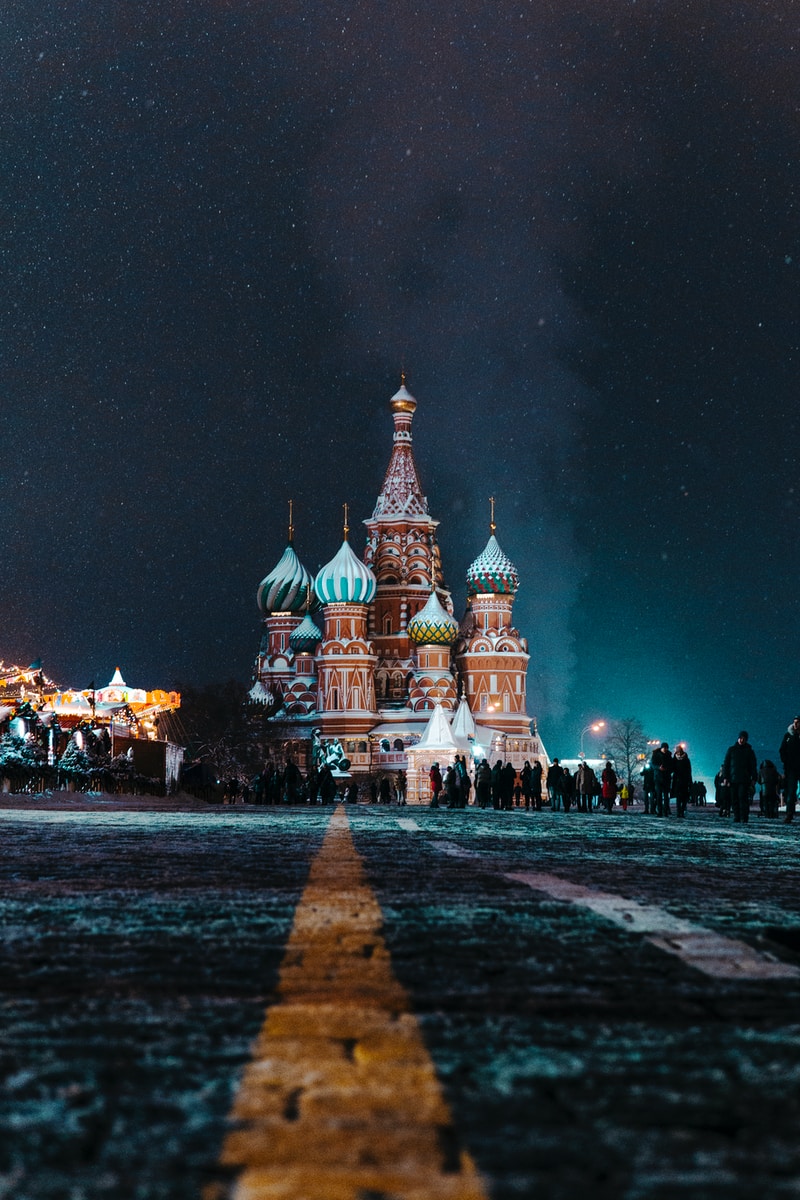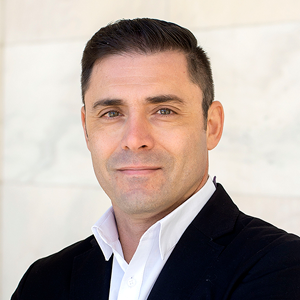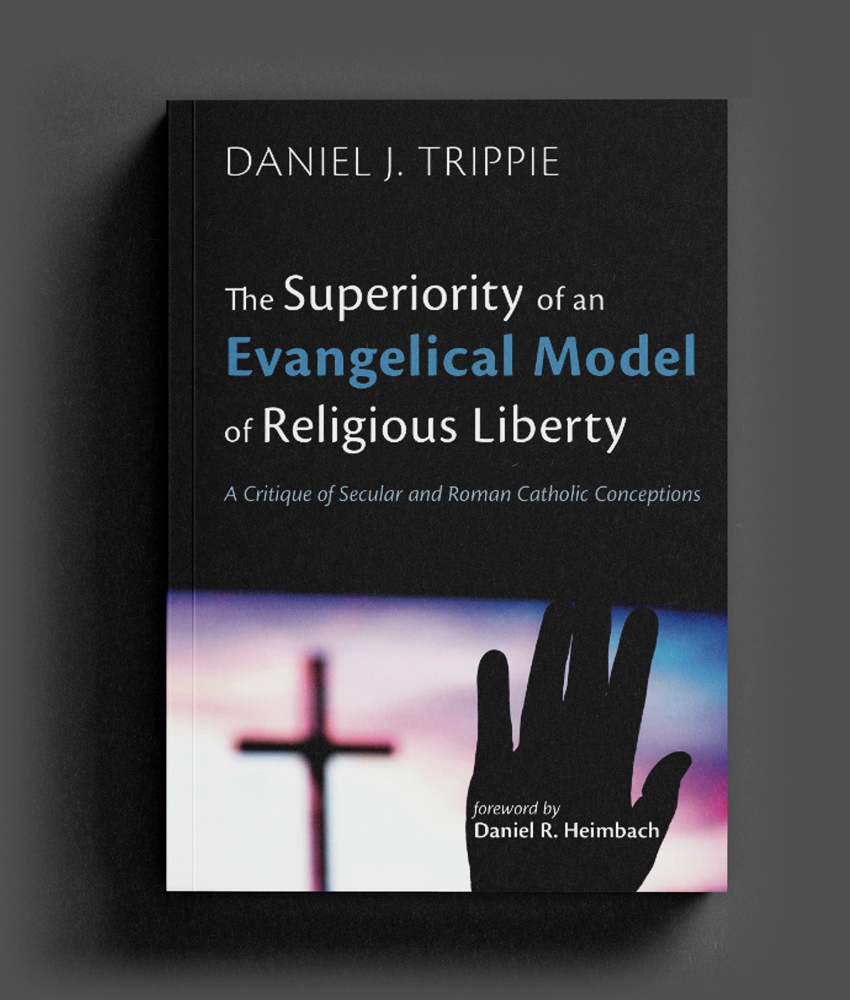What We Don’t Understand About Putin and his church
The secular west does not understand religion. Not only do we not understand religion, but we also do not have a language to articulate religious matters very well. Therefore, when we encounter deeply theological matters, we do not have a vocabulary to communicate what we see in the world. Thus, we can’t understand Vladimir Putin, nor do we understand what he is saying, or how to make sense of his war on Ukraine.
Columnists and reporters continually refer to Putin as “mad” or “out of his mind.” The New York Times described his declaration of war as “angry paranoia.” This analysis misses the animating spirit behind Putin’s war – Putin’s agenda is deeply religious.
Vladimir Putin is not like the 20th-century atheists that ruled the U.S.S.R. During Soviet rule, atheism was the state religion. Thus, religion was effectively marginalized and removed from public life.
But in 1999, after the resignation of Boris Yeltsin, Vladimir Putin went to the head of the Russian Orthodox Church and asked for the church’s blessing to serve as the temporary leader.[1] Since then, formal and informal ties have been woven between the Russian Orthodox Church and the Kremlin.
In 2000, the Council of Bishops adopted a document called “Bases of the social concept of the Russian Orthodox Church.” This document provided a structure for how the church and the state would function in post-Soviet Russia. In section III, titled Church and State, the document states,
“The Church should not assume the prerogatives of the state, such as resistance to sin by force, use of temporal authoritative powers and assumption of the governmental functions which presuppose coercion or restriction. At the same time, the Church may request or urge the government to exercise power in particular cases, yet the decision rests with the state.”
Essentially, the Russian state has the authority to assist the church in implementing her social, charitable, and educational projects. Consequently, one must understand the relationship between the church and state to understand how Vladimir Putin views his role in the world.
In a 2013 speech, Putin denounced the spread of western secular values. He said,
“Today almost all developed nations are no longer able to reproduce themselves, even with the help of migration. Without the values embedded in Christianity and other world religions, without the standards of morality that have taken shape over millennia, people will inevitably lose their human dignity.”
Additionally, in his speech before the invasion of Ukraine, Putin reiterated that his actions are a “pre-emptive strike against Western aggression.” The secular mind hears the words as preposterous because we only think in material terms –after all, nobody in the West wants to invade Russia with tanks and troops. But his 2013 speech reveals that Putin is not simply only concerned about military aggression, but the radical egalitarian values that have been eroding Western society.
If one listens to Putin’s speeches with a theologically astute mind, one begins to realize that Putin views himself as a defender of Christiandom and the leader of the Third Rome.
So how does this all relate to Ukraine? In 2019, the Ukrainian wing of the Orthodox Church broke off from the Russian Orthodox Church – thus declaring independence from Patriarch Kirill, the head of the Russian Orthodox Church in Moscow. Thus, the Russian Church finds itself enmeshed in a schism between the ethnically diverse branches of the Orthodox Church.
Patriarch Kirill of Moscow will not call Russia’s military aggression an “invasion.” Patriarch Kirill refers to himself as the “primate of a Church whose flock is located in Russia, Ukraine, and other countries….” And this is bone-chilling because it seems Kirill views the invasion more as an act of church discipline rather than an atrocity against humanity.
What the secular mind fails to understand is that Putin is not “mad” or “going crazy.” Putin is theologically deceived, but he is not insane. He is religiously motivated and empowered with a deadly ideology that combines the church and the state. Therefore, Putin believes he really is fulfilling his duty as an agent of the church.
Russia’s actions in Ukraine highlight why we must protect religious liberty at home and abroad. Religious liberty and separation of church and state are not one in the same. But religious liberty is the acting principle that supports separation of church and state. Thus, religious liberty is what protects individuals and institutions from the kinds of atrocities we are witnessing in Ukraine.
Americans must pray for the people of Ukraine. And while we pray, we must also recognize that geopolitical matters are not merely matters of economics and pragmatism. Geopolitical events are also deeply theological. Finally, we must recapture the ability to think theologically about the world as the world is deeply religious.
[1] Alexey D. Krindatch, “Changing Relationships between Religion, the State, and Society in Russia,” Geo. Journal 67.4 (2007): 267–82.










2 Replies to “What We Don’t Understand About Putin and his church”
Insightful, thoughtful, and well-written. Thanks for giving a different perspective from the CNN or Fox talking heads.
Thank you, Peter.